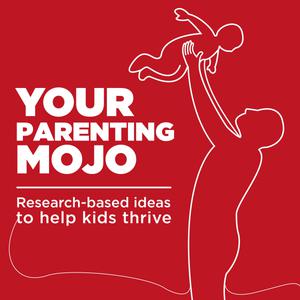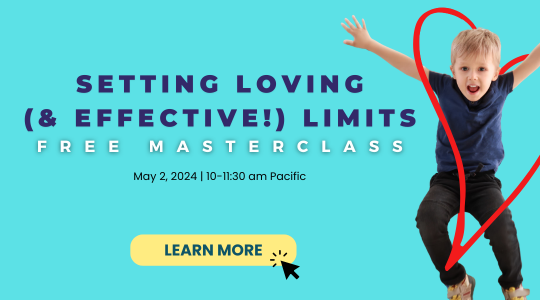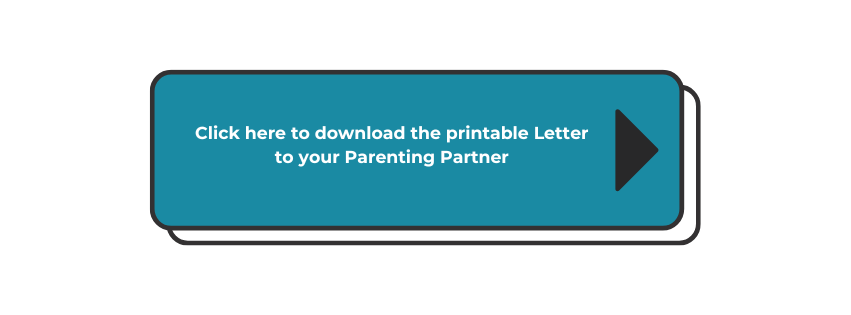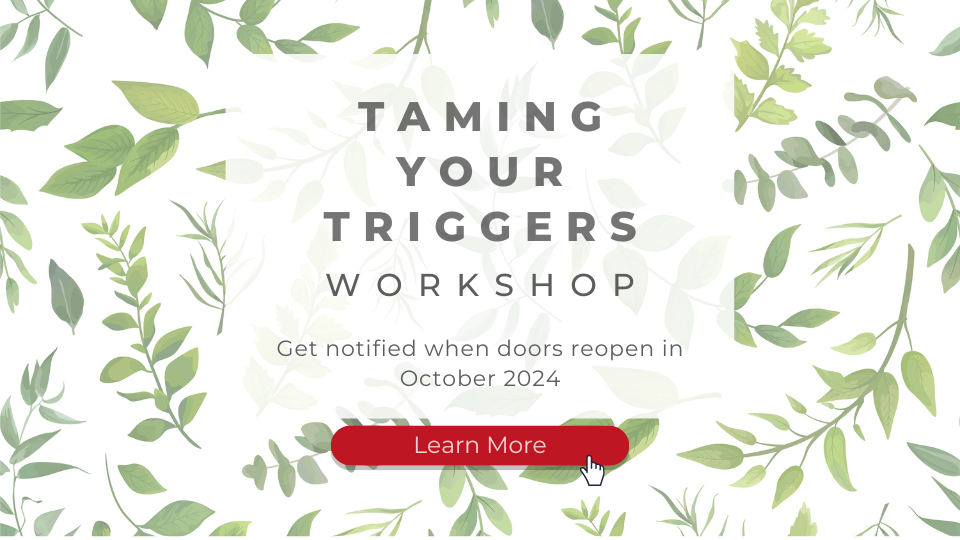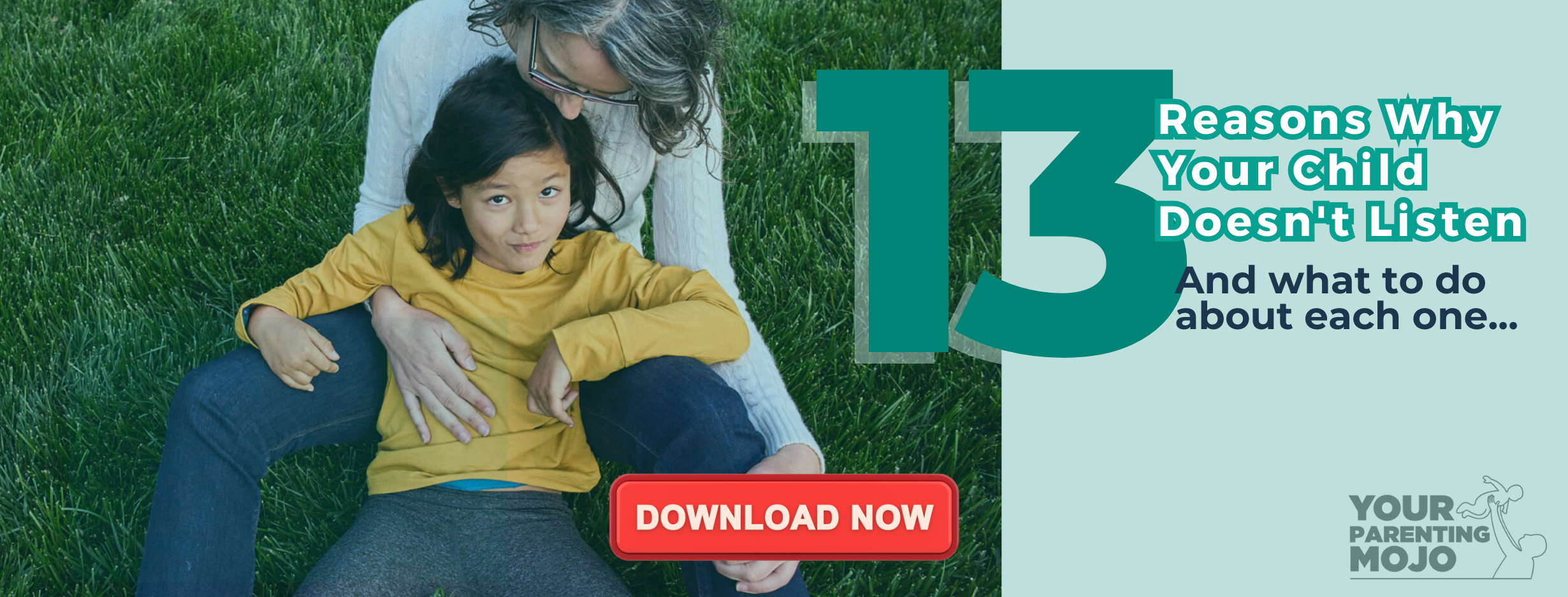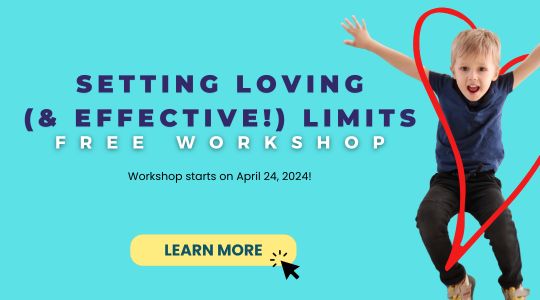My mom died when I was 10, and for a while people in our small village would look at my sister and me as if we were 'special' in some weird way. By the time I was a young adult that was just one of a stew of difficult experiences I'd had, and I also realized: my stuff is not special.
By that age, most people are carrying around some kind of trauma.
But so what? Does it matter? If our mental health is
good enough, does it help to wallow around in all the stuff that's in the past?
In this episode we talk with Dr. Nadine Burke Harris, who has pioneered the connections between these kinds of Adverse Childhood Experiences and medical care for children, as well as Jackie Thu-Huong Wong, Executive Director of First 5 California.
We'll learn:
- What is an Adverse Childhood Experience (ACE);
- How ACEs can influence not only our physical but our mental health as well;
- What we know about the protective effects of relationships with caring adults
- Dr. Burke Harris' opinions of the 'best' authoritative parenting style;
- A new feature in our episodes: mild, medium, and spicy options for parents who want to dip their toe into the water on this topic, or dive more deeply.
Taming Your Triggers
Still feeling uncertain about the impact of childhood experiences on your parenting journey? If you need more help, the Taming Your Triggers Workshop is here for you.
Discover why you react strongly to your child's behavior, heal past hurts that trigger your feelings, and develop skills to understand and meet your needs-- AND your child's needs.
Let's transform your parenting journey from frustration to confidence! Join the waitlist and we'll notify you as soon as we reopen.
Episode mentioned
148: Is spanking a child really so bad?
Jump to Highlights
01:26 Introducing today’s topic and guests
04:20 Clarifying the concept of adverse childhood experiences (ACEs) and their origin
06:37 Discussing how Dr. Burke Harris’s research expanded the understanding of ACEs beyond family-focused indicators
10:05 Exploring the paradox of declining death rates and the ongoing prevalence of adverse childhood experiences (ACEs)
13:08 Highlighting the Stronger Starts campaign and the four key interventions (Four Be’s)
19:45 Limited resources pose overwhelming challenges for families, impacting decisions between staying in harmful situations and seeking help
22:39 Questioning the correlational nature of ACEs data
31:53 Addressing intergenerational trauma, the concern is raised for parents struggling with the transmission of intergenerational trauma
37:08 A listener, reflecting on childhood experiences and societal norms of good parenting, raises a question about Dr. Diana Baumrind's work
38:40 Emphasizing the Stronger Starts campaign's reliance on current research, evolving scientific understanding is paralleled with historical shifts (evident in changing perspectives on corporal punishment)
46:18 Wrapping up the discussion with three engagement options (mild, medium, spicy)
Resources
The Deepest Well: Healing the Long-Term Effects of Childhood Trauma and Adversity – Dr. Nadine Burke Harris (affiliate link)
First 5 California website – for parents
NumberStory.org – for parents
ACEsAware.org – for healthcare providers
References
Anda, R.F., Porter, L.E., & Brown, D.W. (2020). Inside the Adverse Childhood Experience score: Strengths, limitations, and misapplications. American Journal of Preventive Medicine 59(2), 293-295.
Baldwin, J.R., Caspi, A., Meehan, A.J., Ambler, A., Arseneault, L., Fisher, H.L., Harrington, H., Matthews, T., Odgers, C.L., Poulton, R. and Ramrakha, S. (2021). Population vs individual prediction of poor health from results of adverse childhood experiences screening. JAMA Pediatrics,
175(4), 385-393.
Boparai, S.K.P., Au, V., Koita, K., Oh, D.L., Briner, S., Burke Harris, NB., & Bucci, M. (2018). Child Abuse & Neglect 81, 82-105.
Briggs, E., Amaya-Jackson, L., Putnam, K.T., & Putnam, F.W. (2021). All adverse childhood experiences are not equal: The contribution of synergy to Adverse Childhood Experience scores. American Psychologist 76(2), 243.
Burke Harris, N. (2018). The deepest well: Healing the long-term effects of childhood adversity. Boston: Houghton Mifflin Harcourt. [Note: the book was republished also in 2018 under the title: Toxic childhood stress: The legacy of early trauma and how to heal.]
Camacho, S., & Henderson, S.C. (2022). The social determinants of Adverse Childhood Experiences: An intersectional analysis of place, access to resources, and compounding effects.
Carlson, S., Borrell, L.N., Eng, C., Nguyen, M., Thyne, S., LeNoir, M.A., Burke-Harris, N., Burchard, E.G., & Thakur, N. (2017). Self-reported racial/ethnic discrimination and bronchodilator response in African American youth with asthma. PLoS ONE 12(6), e0179091.
Felitti, V.J., Anda, R.F., Nordenberg, D., Williamson, D.F., Spitz, A.M., Edwards, V., Koss, M.P., & Marks, J.S. (1998). Relationship of Childhood Abuse and Household Dysfunction to many of the leading causes of death in adults: The Adverse Childhood Experiences (ACE) study. American Journal of Preventive Medicine 14(4), 245-258.
Finkelhor, D., Shattuck, A., Turner, H., & Hamby, S. (2013). Improving the Adverse Childhood Experiences study scale. JAMA Pediatrics 167(1), 70-75.
Gilgoff, R., Singh, L., Koita, K., Gentile, B., & Marques, S. S. (2020). Adverse Childhood Experiences, outcomes, and interventions. Pediatric Clinics of North America 67, 259-273.
Gross, S.M. (2020). Screening for Adverse Childhood Experiences in pediatric primary care. Unpublished doctoral dissertation, College Park, MD: University of Maryland. Retrieved from:
https://archive.hshsl.umaryland.edu/bitstream/handle/10713/12951/Gross_AdverseChildhoodExperiences_2020.pdf?sequence=1&isAllowed=y
Koita, K., Long, D., Hessler, D., Benson, M., Daley, K., Bucci, M., Thakur, N., & Burke Harris, N. (2018). Development and implementation of a pediatric adverse childhood experiences (ACEs) and other determinants of health questionnaire in the pediatric medical home: A pilot study. PLoS ONE 12(12): e0208088.
Lacey, R.E., & Minnis, H. (2020). Practitioner review: Twenty years of research with Adverse Childhood Experience scores – advantages, disadvantages and applications to practice. Journal of Child Psychology and Psychiatry 61(2), 116-130.
Long, D., Hessler, D., Koita, K., Bucci, M., Benson, M., Gilgoff, R., Thakur, N., & Burke Harris, N. (2022). Screening for Adverse Childhood Experiences in pediatrics: A randomized trial of aggregate-level versus item-level response screening formats. PLoS ONE 17(12), e0273491.
Miller, T.R., Waehrer, G.M., Oh, D.L., Bopari, S.P., Walker, S.O., Marques, S.S., & Burke Harris, N. (2020). Adult health burden and costs in California during 2013 associated with prior adverse childhood experiences. PLoS ONE 15(1), e0228019.
Narayan, A.J., Lieberman, A.F., & Masten, A.S. (2021). Intergenerational transmission and prevention of adverse childhood experiences (ACEs). Clinical Psychology Review 85, 101997.
Nelson, C.A., Bhutta, Z.A., Burke Harris, N., Danese, A., & Samara, M. (2020). Adversity in childhood is linked to mental and physical health throughout life. BMJ 371, 3048.
Oh, D.L., Jerman, P., Boparai, S.K.P., Koita, K., Briner, S., Bucci, M., & Burke Harris, N. (2018). Review of tools for measuring exposure to adversity in children and adolescents. Journal of Pediatric Health Care 32(6), 564-583.
Oh, D.L., Jerman, P., Marques, S.S., Koita, K., Boparai, S.K.P., Burke Harris, N., & Bucci, M. (2018). Systematic review of pediatric health outcomes associated with childhood adversity. BMC Pediatrics 18:83.
Renschler, T.S., Lieberman, A.F., Hernandez Dimmler, M., & Burke Harris, N. (2013). Trauma-focused child-parent psychotherapy in a community pediatric clinic: A cross-disciplinary collaboration. In: J.E. Bettmann & D.D. Friedman (Eds.), Attachment-Based Clinical Work with Children and Adolescents (p.115-140). New York: Springer.
Thakur, N., Hessler, D., Koita, K., Ye, M., Benson, M., Gilgoff, R., Bucci, M., Long, D., & Burke Harris, N. (2020). Pediatric Adverse Childhood Experiences and related life events screener (PEARLS) and health in a safety-net practice. Child Abuse & Neglect 108: 104685.
Waehrer, G.M., Miller, T.R., Marques, S.C.S., Oh, D.L., & Burke Harris, N. (2020). Disease burden of Adverse Childhood Experiences across 14 states. PLoS ONE 15(1), e0226134.
